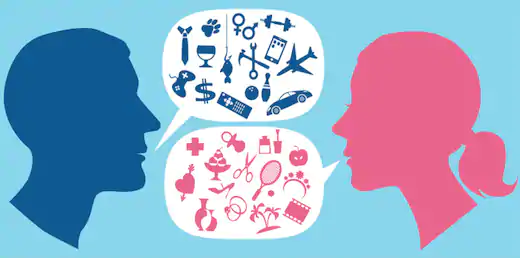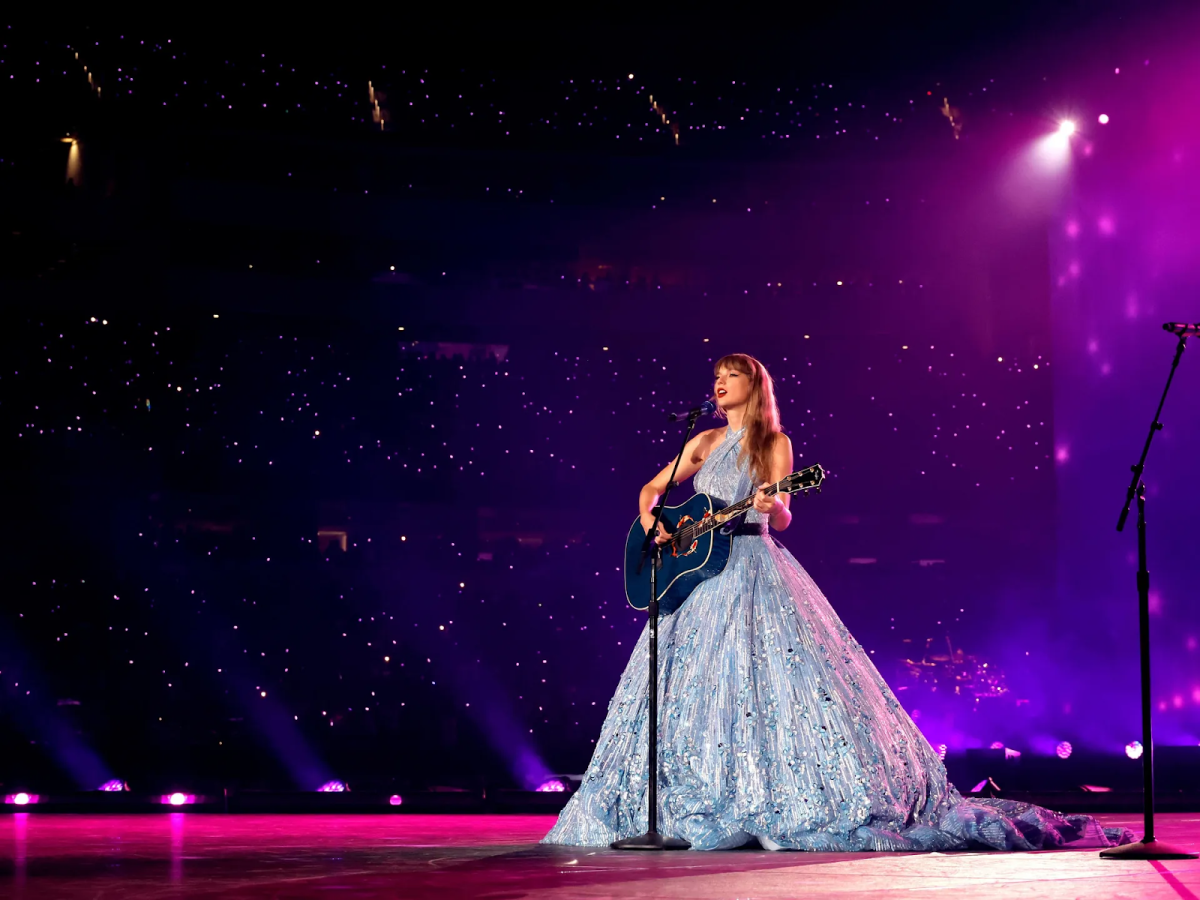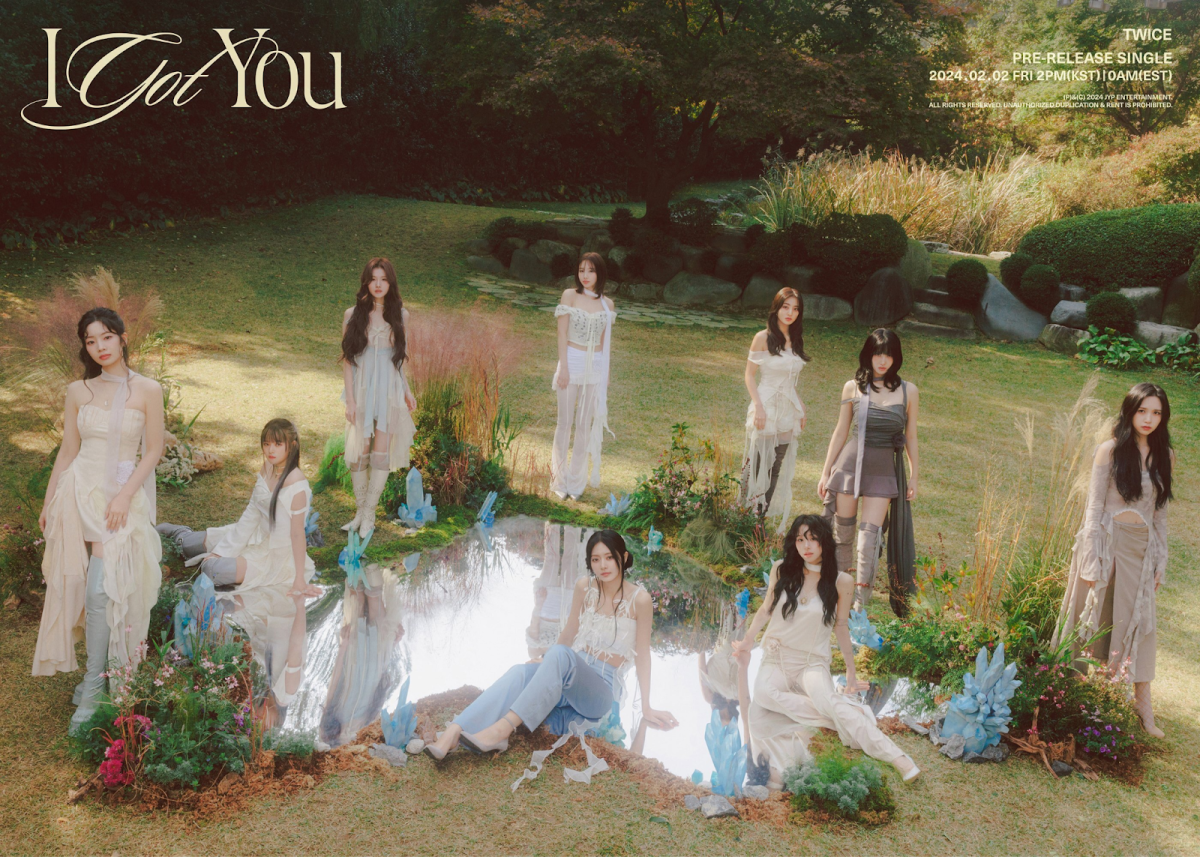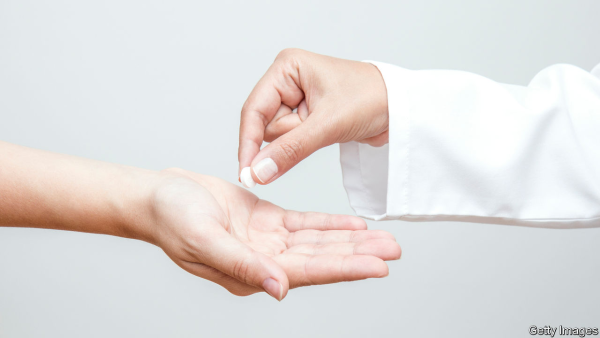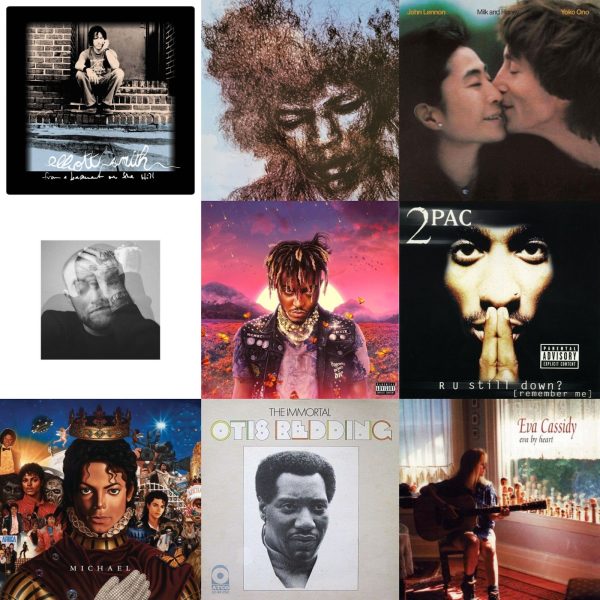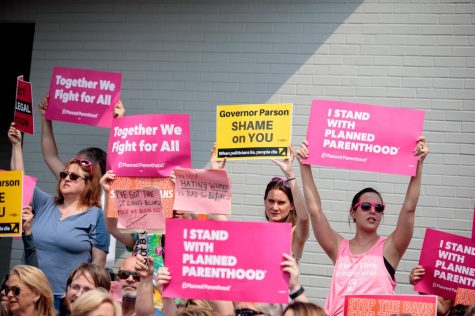Mass media promotes false gender stereotypes
March 21, 2020
This story was originally published in the fourth issue of The Bear Truth (March 10, 2020).
In this day and age, technology and communications surround us, just like media stereotyping. Around since the dawn of mass journalism, stereotyping narrows our notions, changes our perceptions of morality and leads us to believe our expectations of people, more often known as “pigeonholing” which includes gender, age, appearance, religion, culture, ethnic origins and even sexual orientation are to be the premiere label to classify all people who fit in that specific category.
But what really makes the “cover?” How has the media’s stereotypes truly affected what we perceive to be right?
For starters, stereotypes are unintentionally a synthetic and retrogressive accident when defining gender. It is entirely a false concept; stereotypes take the individuality and eclectic fluidity of modern society and drive a nail through it. It isn’t completely our fault, however. Competitiveness has been driven into our society, our way of life. Our entire thought process is based upon the family and peers who raise and influence us; if they believe the stereotypes, so will you.
Media stereotypes are worse than any other form of stereotyping for both genders simply because it’s a created assumption you can physically see, helping to shape society’s own ideas of roles, actions, behaviors, and successes.
Males tend to be stereotyped as successful, athletic, and wreaking with toxic masculinity, so they’re never seen as emotional. They’re always doing something “manly,” like watching a sports game or owning a motorcycle. They are the higher power, the breadwinners, the natural born leaders. This has one major negative impact on society for the reason that it’s basically telling them how to act, not only to like more adventurous hobbies, start watching more sports, and to not cry because “boys don’t cry”, but it’s even telling them their appropriate appearance; society depicts males as being tough and strong, as they aren’t going to get any girl to like them if they are scrawny and weak. Why did we raise our boys this way?
Even in video games, there are games which depict soldiers as not only being specifically all male, but as these huge, hulking men with bulging biceps who are permanently angry. Why are they always angry? It’s a mirror depiction of the internal scapegoat men have placed on themselves. Males are mad at the generalization that they’re always mad. Society blames society for the titles they created.
Even as historical stereotypes aren’t what they once were, where it’s okay now for males to bring out their natural “feminine traits,” which is much less being emotional, nurturing, and vulnerable, there is still a stigma. It’s even become a trend. The media’s lack of normalization to the basic human condition for both genders is not only deplorable but restraining. You are nothing less than human, you are equal, and you shouldn’t let idiotical labels tell you how to act.
Both opposite in nature, media stereotypes for females are that and much more.
Historical media stereotypes depict females as homemakers, someone who keeps the house clean and takes care of the children. They are usually thin, they frequently use makeup, and they go along with whatever the “man” is doing. Modern media stereotypes depict women having slim bodies with wide hips and a big butt, more commonly known as “instagram bodies.” Why have we created false worth in our girls? It’s everywhere.
Magazine covers have big sprawled “TEN WAYS TO BE BIKINI READY” in the checkout line. Our clothing choices and fashion are based on our bodies, where if a woman doesn’t show skin she’s a prude but if she shows too much she’s a whore. Even down to the mere choice of a job, where the same person who wants to degrade a woman for choosing a job in erotic dancing goes home to watch x-rated videos online, which, in that media stereotype, creates completely unrealistic expectations of what both women and men should do when it comes to the things that go on “behind closed doors.” This is simply how brainwashed we’ve become; our world’s mass communication system forms titles and toys with play-dough just to hand down to us to play with and get distracted by. We are so naive as people to believe that we are all so similar.
Above all that, modern media has done it’s best to depict women now as more of an equal form, where seeing images of professional women leading a company or plus sized models walking down a runway should be normal, it doesn’t help to cover the fact that these stereotypes still leave impacts on young girls. Being seen as the gender of lower value tends to make girls consider themselves of lower value. And it’s not “just men” who enforce this. It’s not “just women” who believe in how men should act either. It’s anyone who chooses to let themselves fall down the hole of false beliefs, regardless of gender.
All in all, mass media and the stereotype impact is not only a daily occurrence but a daily fight. If you’re going to stop the cliche of stereotypes you’re going to have to stop believing it yourself. You’re more than enough.

